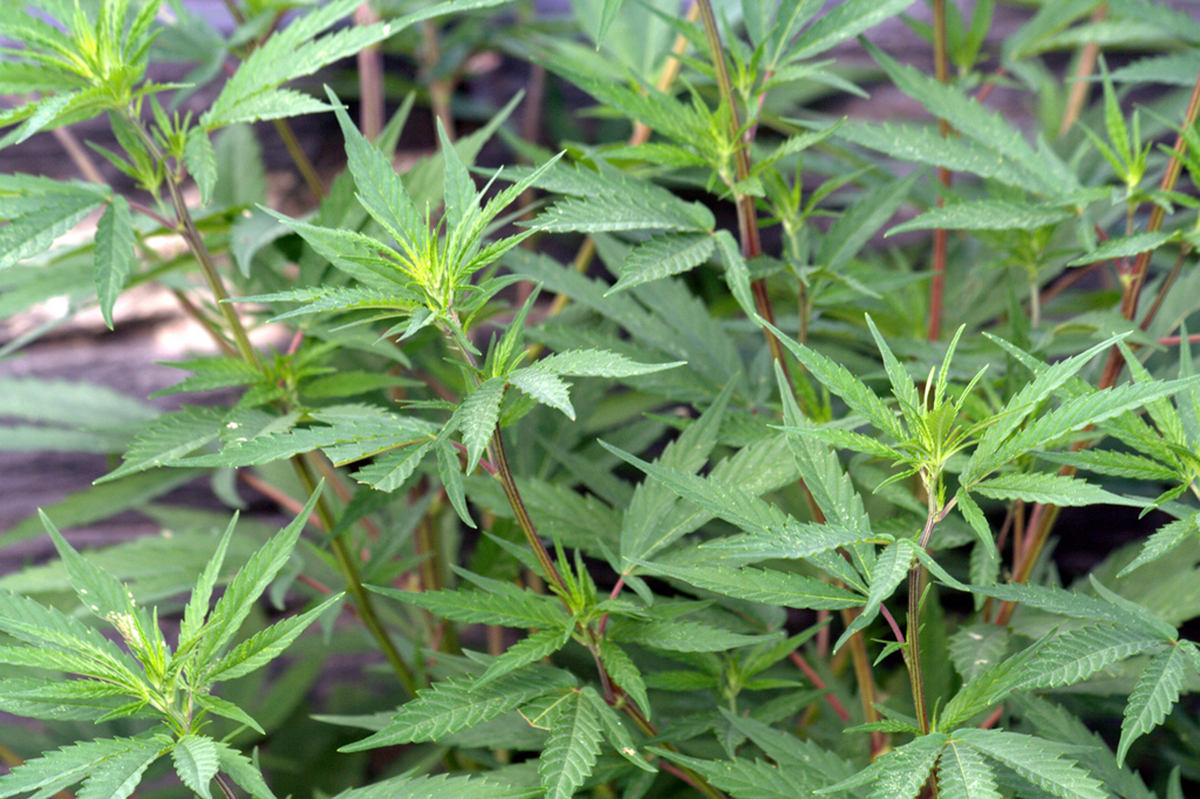Marijuana, commonly called cannabis, is an extremely common drug, with millions in America using it. It's no secret that cannabis can have all sorts of negative effects on your body, from addiction to cancer. Cannabis also has unique effects on younger people who use it.
In fact, young people who smoke marijuana for six years or more are twice as likely to develop hallucinations or delusions, or to suffer psychotic episodes, a paper printed in BMJ, the British Journal of Medicine, reports.
How exactly can smoking marijuana increase the risk of psychotic disorders in young people? Let's dive in.
Smoking Marijuana Increases Risk of Most Psychiatric Conditions
Data for the followng reports were collected in Germany, where marijuana for personal use is not prosecuted.
Marijuana, also known as cannabis, is the most widely used illicit drug in the world. Although few psychiatrists discuss marijuana in terms of "reefer madness," there is a general recognition that users of marijuana tend to have greater rates of psychiatric disorders. What researchers have not known is whether people who have psychiatric disorders tend to self-medicate with marijuana, or people who use marijuana tend to be psychotic. Researchers at the University of Maastricht in the Netherlands set out to find data explaining the causality of marijuana and psychosis.

The Dutch researchers followed 1,923 German males and females aged 14 to 24 at the beginning of the study. They evaluated medical records at enrollment and at 3.5 years and 8.4 years after enrollment in the study, looking for evidence of persistent psychiatric illnesses and correlating illness with use of marijuana. The researchers interviewed all participants, using a measurement scale called the DIA-X/M-CIDI to determine whether the young people suffered depression, delusions, bipolar disorder, mania, hypomania, obsessive-compulsive disorder, panic disorders, post-traumatic stress, anxiety, alcoholism, schizophrenia, or eating disorders.
The study found that psychiatric illnesses became less common as participants aged past their teenage years. Among those who did not use marijuana, 20 per cent were diagnosed with some kind of psychiatric disorder at the first evaluation, 3.5 years into the study, and 8 per cent were diagnosed with some kind of psychiatric disorder at the second evaluation, nearly 4 years later. Among those who did use marijuana, 31 per cent were diagnosed with some kind of psychiatric disorder at the first evaluation and 20 per cent four years later. But did marijuana cause the psychiatric problems?
Marijuana Use Causes Persistence of Psychotic Symptoms
The people who develop psychiatric illnesses, most psychiatrists agree, are those who are exposed to trauma. This can be early childhood sexual abuse, broken homes, poverty, war, or just growing up in an inner city. Not everyone who is exposed to trauma develops a diagnosable psychiatric condition, but many who are exposed to trauma develop "sub-clinical" mental distress.The University of Maastricht researchers believe that using marijuana slows down the processes that help those who have sub-clinical mental health issues move past them. The more often the young people in the study smoked marijuana, the longer they had to deal with mental health issues, and the more likely those issues were to result in full-fledged mental illness.
- Kuepper R, van Os J, Lieb R, Wittchen HU, Höfler M, Henquet C. Continued cannabis use and risk of incidence and persistence of psychotic symptoms: 10 year follow-up cohort study. BMJ. 2011 Mar 1, 342:d738. doi: 10.1136/bmj.d738.
- Photo courtesy of Manuel Martín Vicente by Flickr : www.flickr.com/photos/martius/6108677802/

